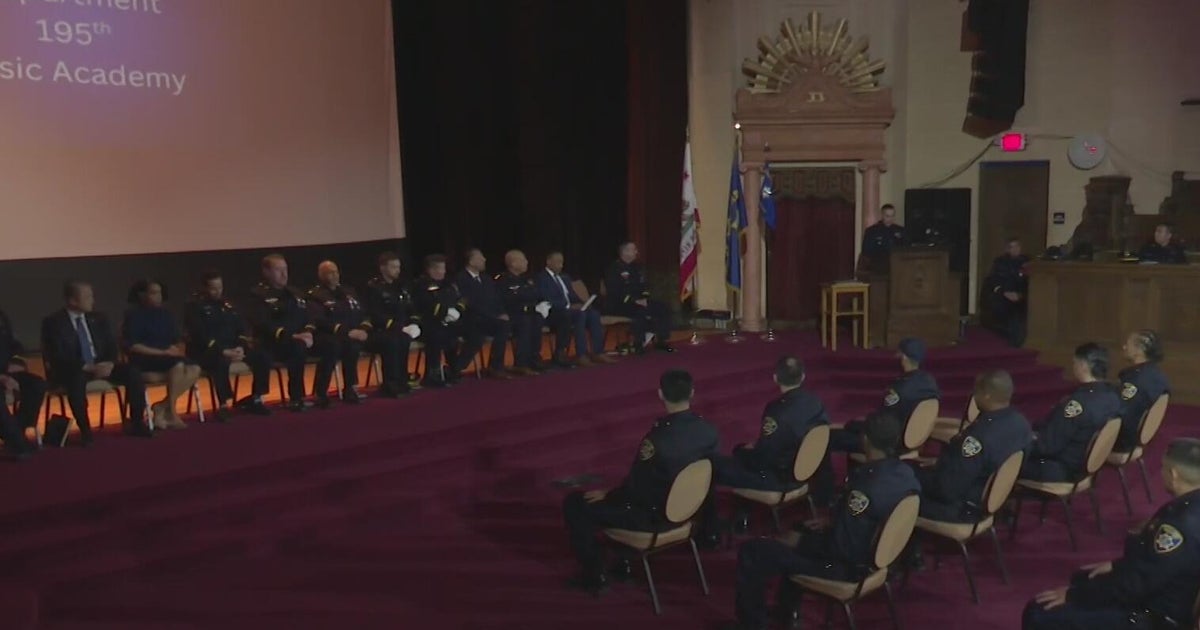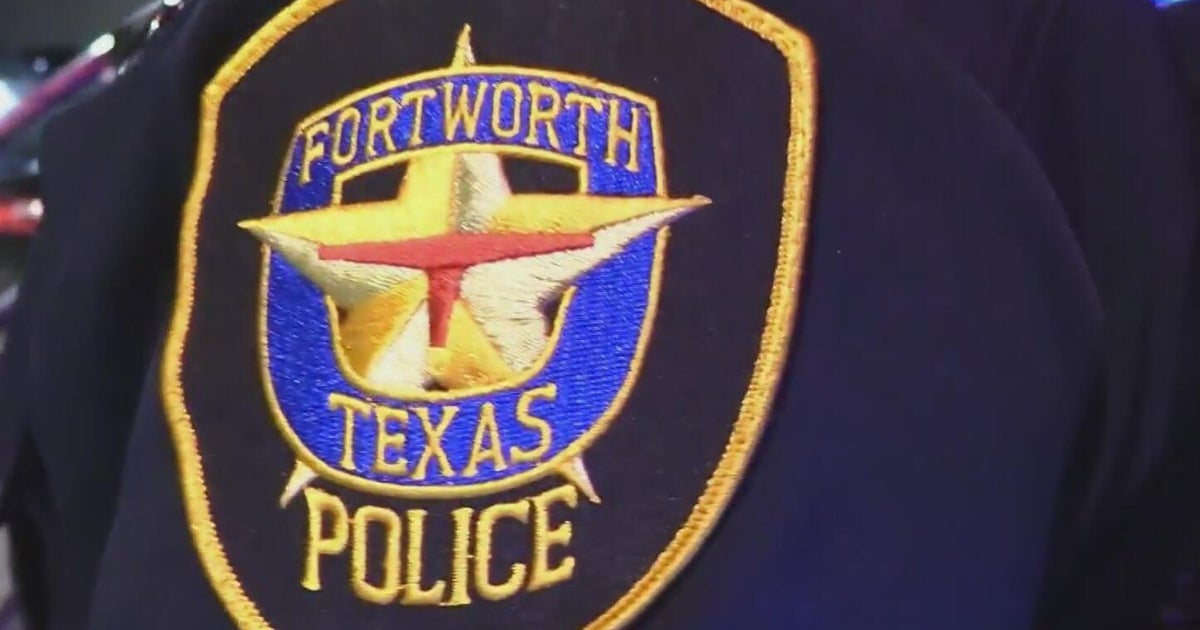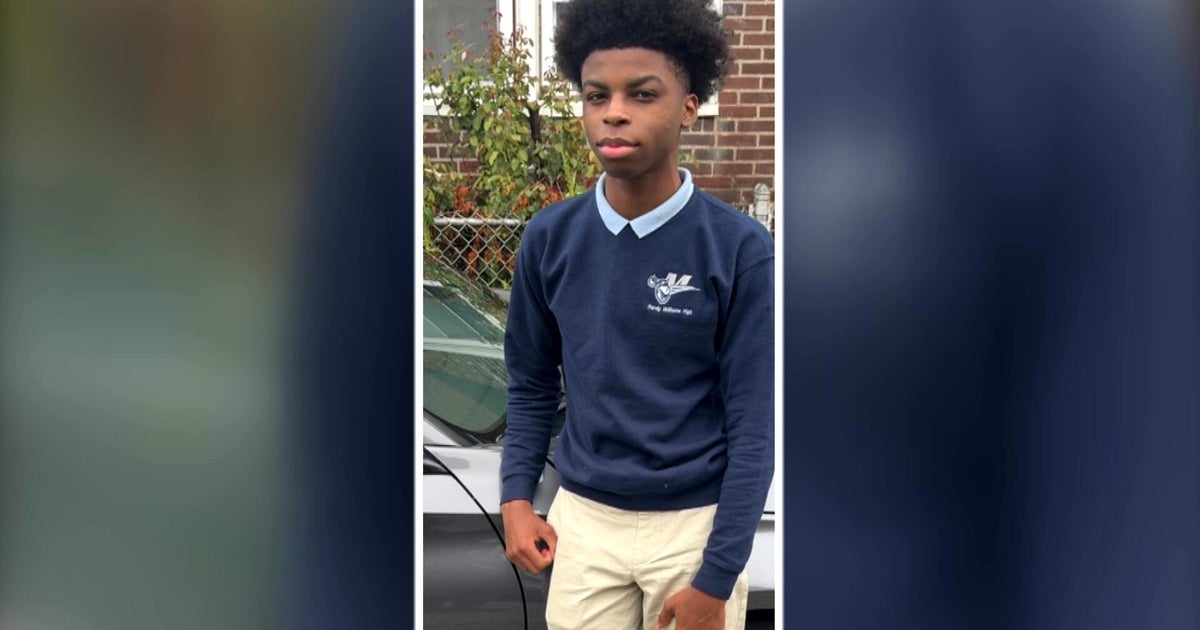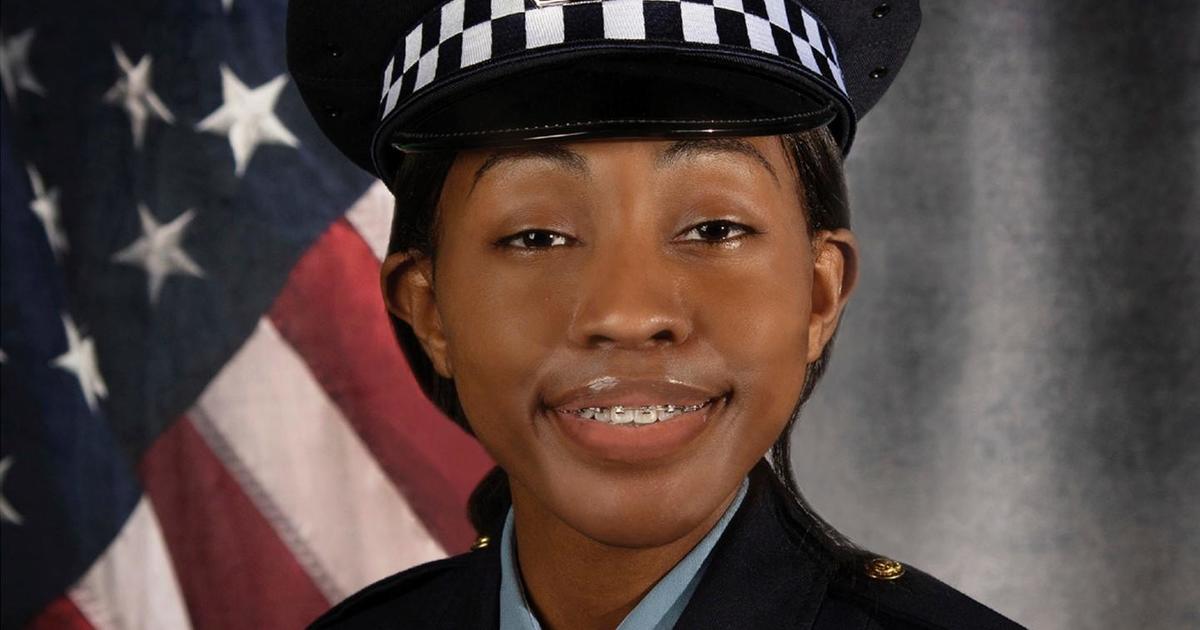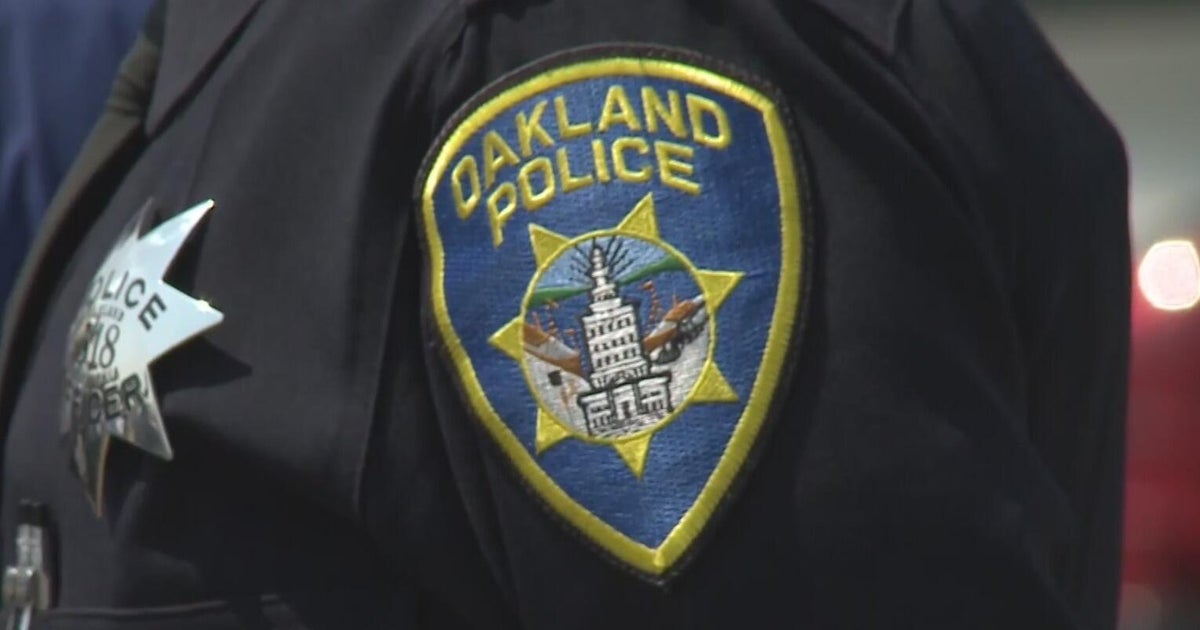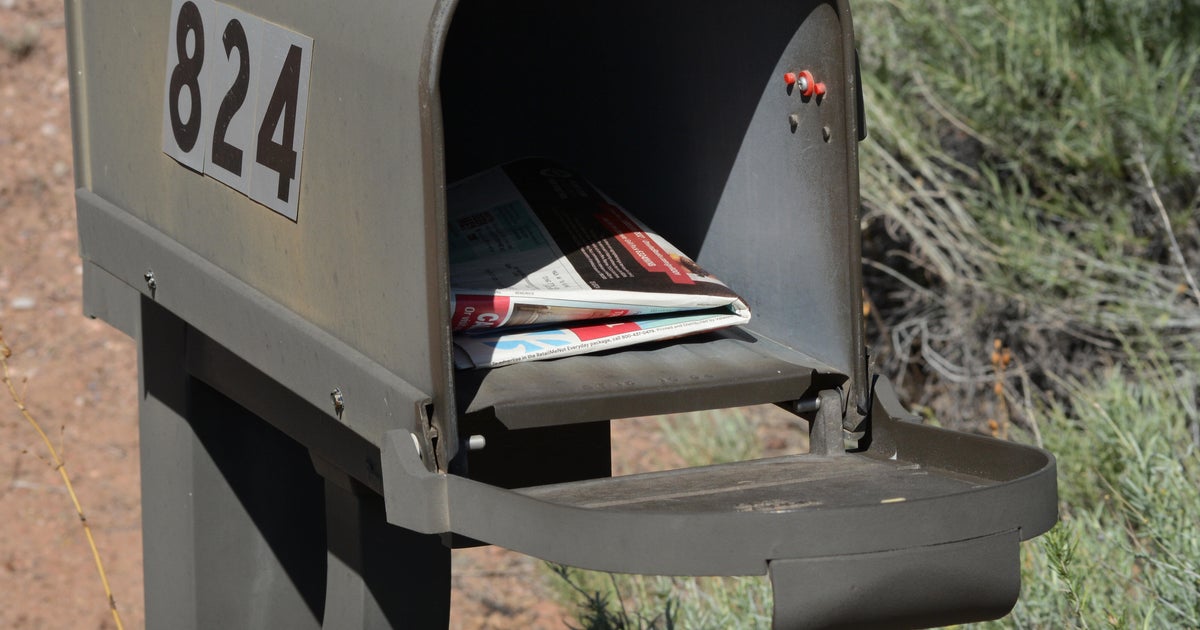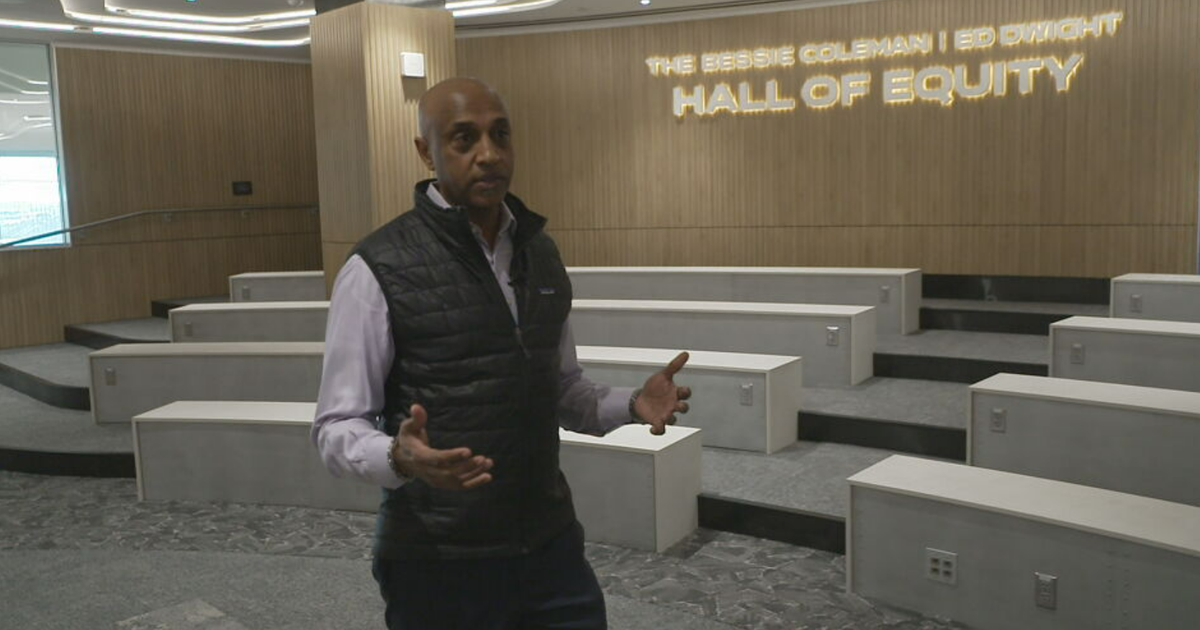Use of civilians for certain roles within PPD to expand
PHILADELPHIA (CBS) -- More Philadelphia Police Department officers will now be able to patrol the streets after a historic arbitration award between the Fraternal Order of Police and the city was announced Tuesday. The ruling will allow the expansion of the use of civilians in some roles within the police department.
Mayor Jim Kenney calls the award between the city and the FOP a major win that can help put more police boots on the ground as the department struggles with a shortage of officers.
"I'm very happy with this," Kenney said. "Very happy that we're going to have more officers on the street."
Some jobs within the Philadelphia Police Department that previously had to be staffed by a sworn officer can now be done by a civilian, which means more officers will soon be back on the streets.
"It's important that we have people who don't have to be certified as police officers, trained, carrying a weapon, wearing a badge to do basically office work," Kenney said.
Kenney says this is a key step that can help reduce violence.
Positions like body-worn camera technicians, mail carriers, crime scene unit investigators and graphic designers can now be staffed by civilians outside the police union's bargaining unit.
FOP President John McNesby calls the arbitration award good for both sides.
"You know, hopefully, we'll see some more cops out there," McNesby said. "It's what they need. I mean, the most traumatic thing is when someone dials 911, and right now when you're dialing 911, it may take a while for somebody to come."
Under the agreement, officers currently holding those jobs will not be transferred to hire a civilian, but if they leave, then they can be replaced by a civilian.
The city will also pay a $1,700 retention bonus to all officers and a $2,000 hiring bonus to new officers.
"For the cops out there, it might boost morale a little bit," McNesby said. "It'll keep them there a little bit longer hopefully rather than running to other departments or jurisdictions."
Civilians will also be able to help with traffic enforcement to free up officers who can then be assigned to different neighborhoods.
